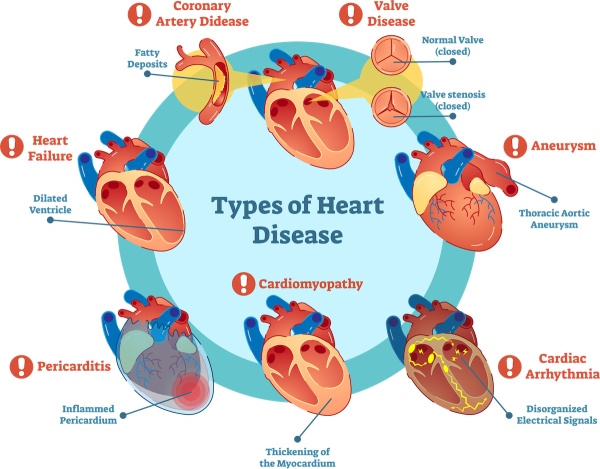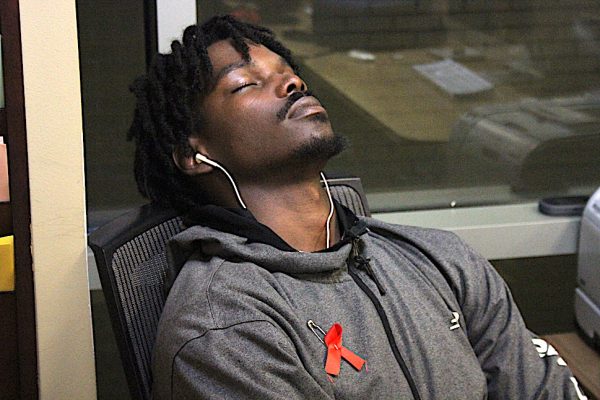The art of balance: Maintaining physical, social and mental health
PHOTO BY EPHREM TILAHUN/STAFF PHOTOGRAPHER
ASU Student training for track and field.
October 16, 2021
College years are often considered the best years of a persons’ life. Still, many students succumb to mental health issues, often stemming from academic, financial or career-related pressures.
Stress is not a new phenomenon for college students. Common stress-inducing times include:
- Studying for exams
- Competing for admissions or internships
- Trying to master large amounts of content in small amounts of time.
Students are more likely to develop symptoms of mental health issues during these highly pressurized time periods.
According to a survey done by Jed Fountain, a non-profit organization that protects emotional health and prevents suicide for teens and young adults in the United States, anxiety is the primary mental issue presenting concern amongst college students (41.6%), followed by depression (36.4%) and mental health decline associated with relationship problems (35.8%).
Greg Vander Wal, the executive director of the University of Alabama’s counseling center, said the most common mental health-related issues that the counseling center encounters are stress management problems, anxiety, depression and mood-related issues. In college, time management is difficult, from schoolwork to money and friendship troubles.
“My sophomore year was pretty rough,” said Nala Gramble, a junior public relations major. “I was dealing with a lot of family problems and financial issues. I never knew that stress can start taking a toll on your physical body as well, but I developed mild alopecia because I was under so much pressure at the time.”
While academics are important, it is also very important for students to take the time to ensure that their mental health is protected. Sheena Gregg, a registered dietitian in the health promotion and wellness department, entered the nutrition field after struggling with an eating disorder (ED). Gregg said that because college can be stressful and academically challenging, many students put their physical health aside to maintain their grades and social life.
“I know people who have social anxiety. It requires patience and understanding because sometimes it may seem like they’re pushing you away. Being there for them in their worst times is just as important so that they feel supported, ” said Bianca Morris, a sophomore biology major.
At Alabama State University, there are several mental health services offered to students. “R U Good” Day is offered as a mental health check-in day for students; many residence hall advisers have mental check-ins with their residents monthly, as well as counselors who are available to offer students a cathartic platform to speak.
“I had an amazing resident hall adviser my freshman year who always hosted mental check days with the girls on our floor in Bessie Estell Hall. She would come around, talk with each resident, and make sure that they were still motivated. It was nice to know that she cared enough to take time out and do that,” said Navaeh Wright, a junior political science major.
Social health can negatively or positively affect mental and physical health. The college environment emphasizes students’ social life. From parties to dating and meeting new people, it is easy for students to become overwhelmed.
Karly Downs, an assistant professor in the department of human development and family studies at the University of Alabama, said students must understand their boundaries to maintain healthy relationships. After recognizing their patterns and social goals, students can then set boundaries on their relationships that will make them feel comfortable and in control.
The relationships that students have with their physical and mental health in college often define their adult habits, so it is significant to work on healthy habits now.
“I try to stay away from junk food and salty snacks as much as possible. I mean, everyone can have their cheat days, but having balanced meals and maintaining healthy eating habits is a priority,” said junior David Downs, a communications major.
According to the Department of Health Education and Nutrition Services at the University of Alabama, “college students often prioritize academics over health.” It is all too common for poor physical health practices to affect students’ grades and social lives. Giving the body the proper nutrition enables students to be successful in all other areas. Gregg encourages students to be intentional with their eating and physical activity. She said students should give nutrition the same attention as everything else in their lives.

















